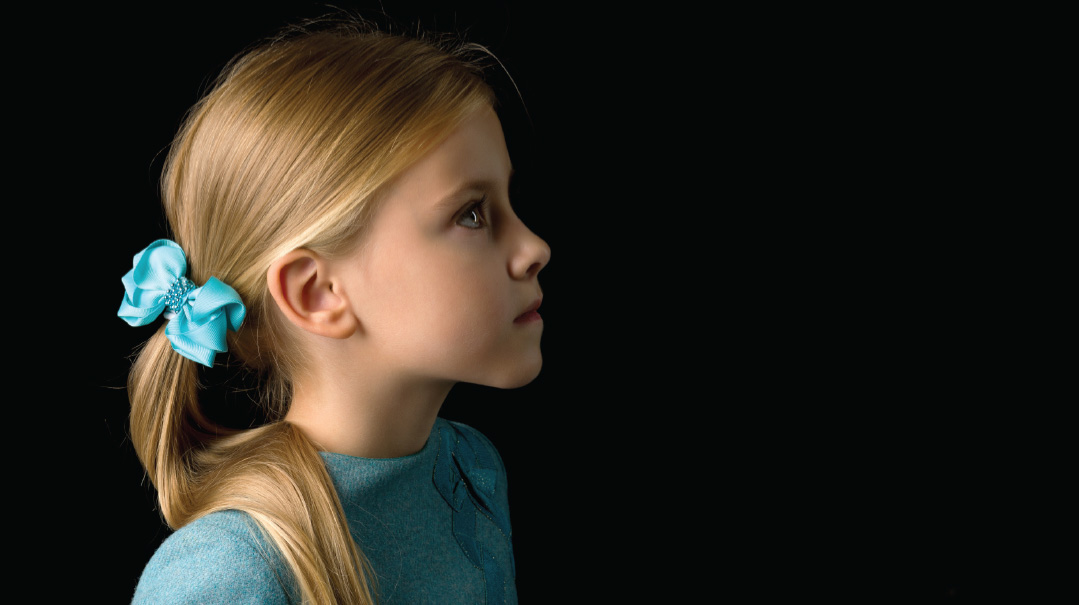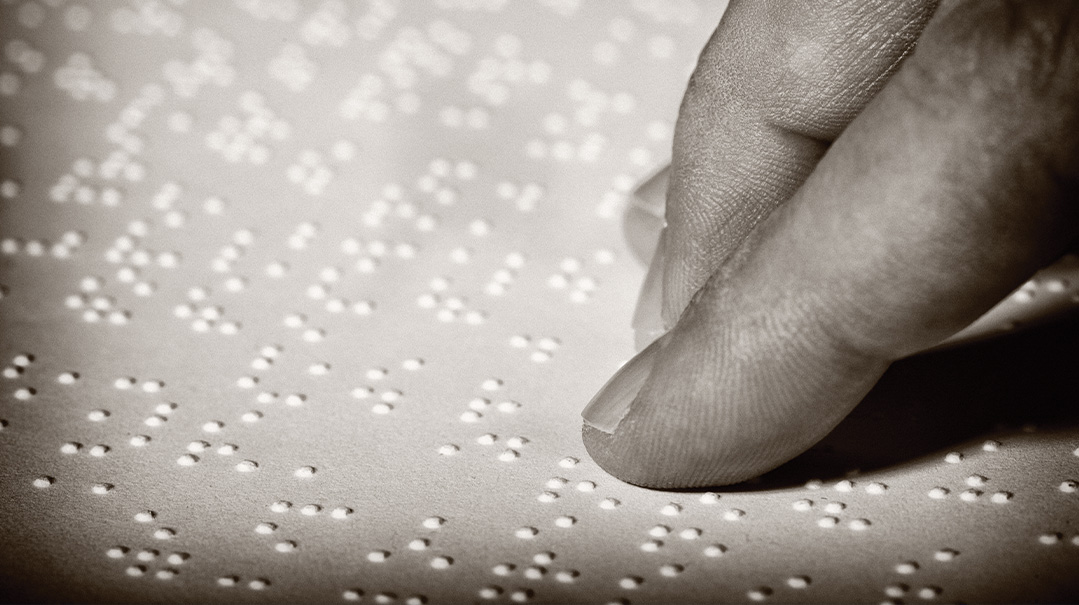Just for Now

Passing a test is like trying to fly a rocket with no training and a blindfold over my eyes. Basically, impossible

MA
tells me it’s okay. That it won’t always be like this, that one day I’ll be past school and all of these issues will be over. I want to believe her. But as I blow my nose into the umpteenth tissue, and bury my tear-streaked face into her already-damp shoulder, I can’t help but cry. It just hurts so much.
I spent the whole of today outside the classroom again. Not because I was playing hooky or getting away with things, but because Miss Ehrentrau needed to help me “catch up” on math. That math that I slaved over for homework the whole Sunday, and apparently, still got wrong. Which is why I sat at a small, wooden desk in a big, empty classroom, staring at a bunch of numbers which meant less than nothing, as my class, one flight up, did something else entirely. As Miss Ehrentrau tried to coax answers that would not come out of my brain, I felt like the whole empty room was filled with despair. So now I cry, because I try, how I try. But it never, ever works.
My classmates get to kid around about homework. They also don’t seem to care about tests, and breeze through their Sundays and evenings, having fun, chilling, whatever. But not me. I have a private tutor three times a week, and Dad helps me on the other nights. Even with all that, passing a test is like trying to fly a rocket with no training and a blindfold over my eyes. Basically, impossible.
School only gets harder as you get older, I find. Suddenly you’re being piled with reams of work, tests, finals, you name it, and the anxiety starts to hurt my insides before each day. I’m a fun kid; spunky, friendly, and kind. I have a bunch of friends, can dance and sing, too. But when it’s time for a test, my confidence goes out the window. I sit, chewing at the end of my pen, waiting for the thoughts to come through. On my right, Tilly is scribbling furiously, while inside my brain, all I can see is a rainbow-colored mush. Focus, Avital, I tell myself. You can do this, Dad showed you how the Pythagoras theorem works. Nothing comes, apart from ink leaking into my mouth as the pen-top breaks. Tilly is already on the last page of the test, while I’m still on the first. It may as well be Chinese, for what I understand. I put down my head, and cry.
Things only get worse when Mrs. Fein starts subbing us. She’s a biology teacher, and, apparently, a genius. Thing is, people who are geniuses don’t always understand those who are not. Which may explain how she acts.
“I’m going to give your tests back in order of marks,” Mrs. Fein says briskly, as she marches in with a pile of papers in her hands. “I’ll be reading them from top to bottom. Anyone who got below a 60 will have to retake. Let’s see…”
My stomach lurches. I know, without a shadow of a doubt, that I’m going to be last, and as Mrs. Fein reads out the names and marks, humiliation fills me. I want to run away before she says my name. I want to hide before everyone hears. Instead, I sit, and wait. “Avital Kohn, 37 percent.” I slink toward the front of the class and take the paper. It’s the last one, as expected. I turn and walk back to my seat, the eyes of 21 classmates staring back at me with pity. As I sit down, Mrs. Fein turns towards the board, and without thinking, I start to shred that test paper into a million pieces. Faster and faster, I shred, until the scraps flutter around my chair, and into the crevices of my desk. Tilly looks on. I know it looks weird, but it’s how I feel.
That night I don’t sleep. Every time I close my eyes, all I see is that horrible, horrible scene, and I embellish it as the night goes on. In my mind, Mrs. Fein is grinning evilly as she pulls my heart to pieces, and the rest of the class is whispering about me, too. You’re dumb, my brain hisses, you’ll never be able to do what everyone else can. My pillow is wet. I know what Ma would say — that middos are so much more important than marks. But Ma doesn’t know that everyone else seems to think differently, and besides, Ma doesn’t have my brain, does she? I weep until dawn.
The school year goes on. I’m voted in as Shabbaton Head, my friends Dalya and Udi as my assistants. I run an art camp during midwinter, and I’m a Bnos head on Shabbos. I try to bury myself in anything but schoolwork, despite the constant tutoring at every available opportunity. But underneath the smiling, easy-going façade, something inside me is shattering. Mrs. Fein doesn’t exactly help. She’s apparently decided that I’m not up to par, and will often, on a whim, tell me to leave the classroom for her period. She tells me to go find Miss Ehrentrau, who will help me “catch up with the class.” I can’t even look at her as I leave the room. Sometimes I’m so angry that I sit in the hallway and draw awful caricatures of Mrs. Fein in my notebook. It gives me a release from all the pent-up emotion, and the shame which fills my days.
I cry a lot. Ma and Ta know that I’m struggling and try to boost my confidence in any way they can. They tell me I’m amazing and talented. They send me to Florida to help my aunt with her kids, and buy me gifts for each test that I pass. Ma keeps telling me that school is just for now, and that one day I’ll be beyond this. I listen and try to hope, but inside I am withering.
When it comes to seminary applications, I know not to expect too much. I tell Ma that I’m sure I’ll be rejected from the majority of seminaries, and honestly, I say, who can blame them? Ma surprises me by telling me about a seminary she and Ta are looking into, which might be perfect for me. I swallow my cynicism and listen.
In the end, I’m pleasantly surprised when I go for my interview. Instead of being quizzed on my knowledge, Rebbetzin Kagan asks me about my relationship with Hashem, and what I think seminary is for. Instead of getting a long speech about the standards the school expects, the Rebbetzin talks about using our talents to serve Hashem. I went in so nervous, but I leave with excitement. Maybe there is somewhere where people care less about my academic abilities, and more about my heart. I find my footsteps bouncing with a new optimism. Maybe there is a place for someone like me, after all.
I get into seminary and stay not one year, but two. I learn much about Yiddishkeit, and much about myself, too. With some incredible teachers, rabbanim and rebbetzins, I learn, in real terms, how the Torah values effort most of all and how using my gifts and creativity to help others can be a tafkid in itself. I gain the skills and confidence to open a business in interior design and I see that though I might struggle to learn, my neshamah is just as loved and valued by Hashem as everyone else’s.
I leave seminary with a passion for Yiddishkeit and a feeling of worth I’ve never had before. I am capable, I am great, I am supported. And that gives me the wings to fly. Within a short two years, I am blessed to have a successful business, a wonderful husband, and a beautiful daughter. Despite my challenges, or perhaps because of them, I’m doing great. Maybe brains aren’t everything, after all.
I struggled for many years in school, and the challenges and scars of those years will remain a part of me — for both good and bad. And yet, as I look back at my life as a now-married woman and mother, I’m able to see what my own mother told me then. Struggling with learning is a huge challenge, and in school, it can be devastating. But school is not forever. What is forever is your desire to grow, your middos, and your relationships with others. For those who are struggling, I know it can sometimes feel like this tunnel of challenge and humiliation is never-ending. Please take it from someone who’s been there: It hurts, but find your strengths, know you’re capable, and remember, it’s just for now.
(Originally featured in Teen Pages, Issue 902)
Oops! We could not locate your form.







